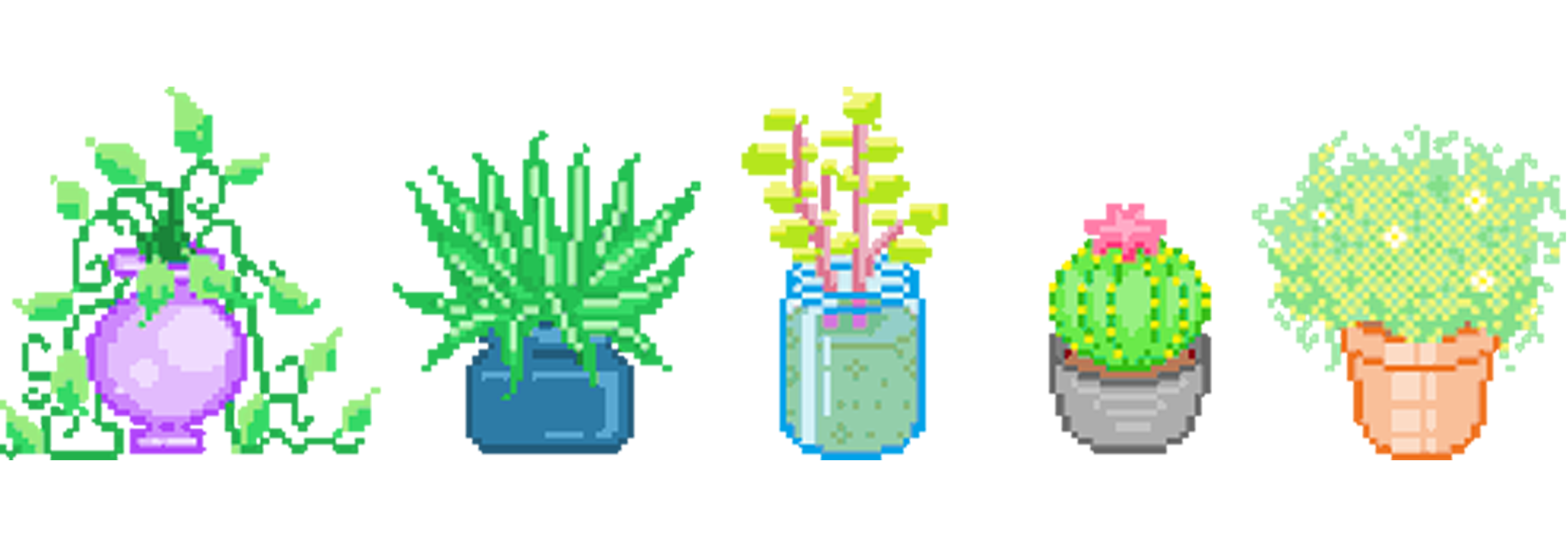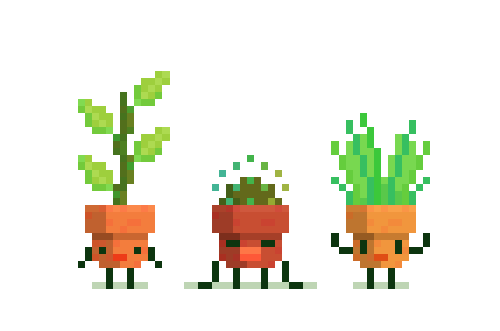Does the bulb have some model written on it? If you tell us the specific model we may be able to find the properties of that light.
There is a good chance that you do not have a "UV lamp" but instead a purple grow light that does not emit a lot of UV. The purple grow lights have an emission that is tuned to the regions of the spectrum for which green plants absorb the most light - so, the lamp emits mostly in the blue and red, which is why they look purple. There is no need to worry about that light, it is perfectly safe.
If you do have a UV lamp and are using that lamp for a plant: Then we really do need more information to estimate the level of risk. Chances are that, if that UV lamp is harmful to you, it is also harmful to the plant, and it is better to swap it for some other type of lamp.
It is not very likely that you are using a one of the more dangerous UV lights - like a mercury-vapor lamp with a quartz bulb - which will produce smelly ozone and can burn your eyes if you stare at them. Those lamps tend to be specialized items that you are unlikely to end up with by mistake. More common lamps would be the blacklights with common variants that produce 365 nm or 395 nm light. Continuous direct exposure of moderately intense 365 nm carries a low risk inducing skin cancer and is better to avoid. 395 nm is relatively safe but I would still not want to expose my skin continuously to it as it may still cause oxidative stress to the skin. These are used ornamentally for making things glow, but they are not the best choice for plants.


